In the colorful tapestry of Caribbean music, one name resonates deeply – Juan Luis Guerra. Born and raised in República Dominicana, Guerra’s journey from a small island nation to international acclaim is a testament to the transformative power of music. His unique blend of merengue, bachata, and jazz has captivated audiences worldwide, earning him a place among the most revered musicians of our time. In this article, we delve into the life, influences, and enduring legacy of Juan Luis Guerra.
Early Life and Influences:
Juan Luis Guerra was born on June 7, 1957, in Santo Domingo, the bustling capital of the Dominican Republic. From an early age, he was immersed in the vibrant sounds of Caribbean music that permeated the streets of his hometown. Raised in a household where music was an integral part of daily life, Guerra’s passion for rhythm and melody was ignited.
Growing up, Guerra was deeply influenced by the traditional Dominican genres of merengue and bachata, as well as the soulful melodies of bolero. These musical styles, with their infectious rhythms and heartfelt lyrics, would later serve as the foundation for Guerra’s own unique sound.
Education and Musical Formation:
Despite his undeniable talent, Guerra recognized the importance of formal musical education. In pursuit of his passion, he enrolled at the prestigious Berklee College of Music in Boston, Massachusetts. There, he studied jazz composition and arrangement, expanding his musical horizons and honing his skills as a musician and composer.
At Berklee, Guerra was exposed to a diverse array of musical influences, from the improvisational jazz of Miles Davis to the soulful grooves of Stevie Wonder. This fusion of styles would later find its way into Guerra’s own music, as he seamlessly blended elements of jazz, merengue, bachata, and other genres to create his signature sound.
Rise to Stardom:
Upon returning to the Dominican Republic, Guerra wasted no time in pursuing his musical dreams. He formed his band, 440, named after the standard tuning of the A note, and began performing at local venues. With their innovative fusion of traditional Dominican rhythms and contemporary musical sensibilities, 440 quickly garnered a loyal following.
In 1984, Guerra released his debut album, «Soplando,» which showcased his unique musical vision and established him as a rising star in the Dominican music scene. The album’s infectious blend of merengue, bachata, and jazz struck a chord with audiences, earning Guerra critical acclaim and paving the way for his future success.
International Success:
As Guerra’s popularity continued to soar in the Dominican Republic, he set his sights on the international stage. In 1988, he released his breakthrough album, «Ojalá Que Llueva Café,» which catapulted him to stardom across Latin America and beyond. The album’s title track, with its poignant lyrics and irresistible melody, became an instant classic and solidified Guerra’s reputation as a master songwriter.
Subsequent albums, such as «Bachata Rosa» and «Ni Es Lo Mismo Ni Es Igual,» further cemented Guerra’s status as a global icon. His innovative approach to blending genres, coupled with his heartfelt lyrics and soulful vocals, resonated with audiences of all ages and backgrounds. Hits like «Burbujas de Amor» and «La Bilirrubina» became anthems of love and longing, transcending language barriers and uniting listeners around the world.
Musical Legacy:
Over the course of his illustrious career, Juan Luis Guerra has released over a dozen studio albums, won numerous awards, and collaborated with some of the biggest names in music. His influence extends far beyond the realm of entertainment, as he has used his platform to advocate for social justice, environmental conservation, and the preservation of Dominican culture.
Through his music, Guerra has become not just a celebrated artist but also a cultural ambassador for his homeland. His songs celebrate the beauty and resilience of the Dominican people, while also addressing important social issues such as poverty, inequality, and environmental degradation. Whether he’s singing about love and romance or speaking out against injustice, Guerra’s music always carries a message of hope and solidarity.
Personal Life and Philanthropy:
Despite his fame and success, Juan Luis Guerra remains grounded in his roots and committed to giving back to his community. He is actively involved in charitable endeavors, supporting initiatives aimed at improving education, healthcare, and economic opportunities for those in need. His philanthropic efforts have earned him widespread admiration and respect, further cementing his legacy as a true humanitarian.
In addition to his philanthropic work, Guerra is also a devoted family man. He is married to Nora Vega, with whom he has two children, Jean Gabriel and Paulina. Despite his demanding schedule, Guerra always makes time for his loved ones, cherishing the moments spent together as a family.
Conclusion:
In a career spanning four decades, Juan Luis Guerra has not only achieved commercial success but also left an indelible mark on the world of music. His innovative blend of merengue, bachata, and jazz has captivated audiences around the globe, earning him a place among the most revered musicians of our time. But perhaps more importantly, Guerra’s music has touched the hearts and souls of millions, uniting them in a shared appreciation for the beauty and diversity of Caribbean culture. As long as there are ears to listen and hearts to feel, the melodic legacy of Juan Luis Guerra will continue to resonate for generations to come.





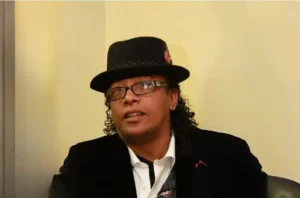
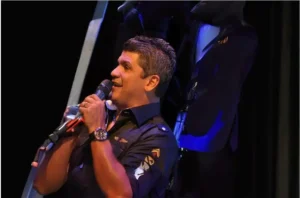
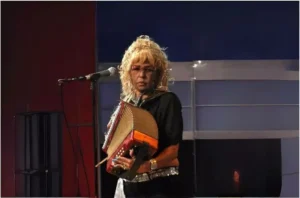
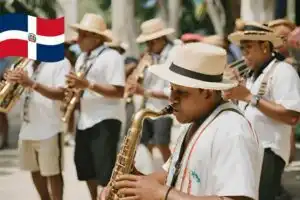


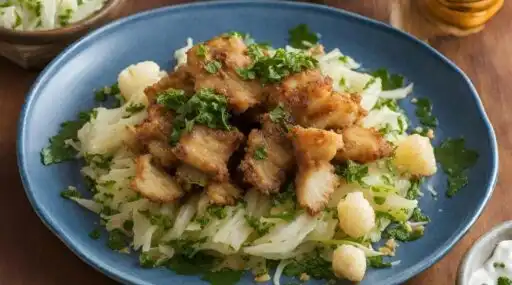



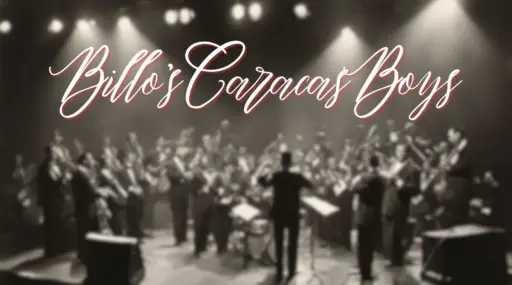
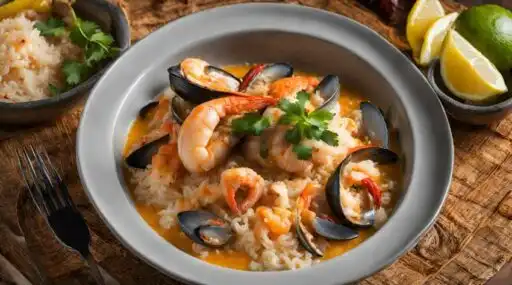


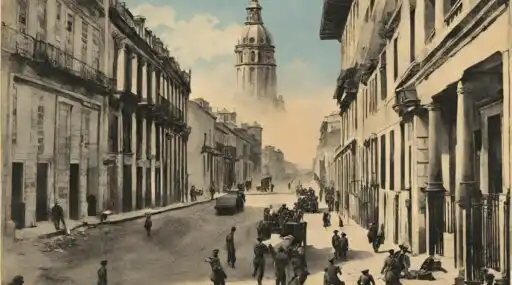
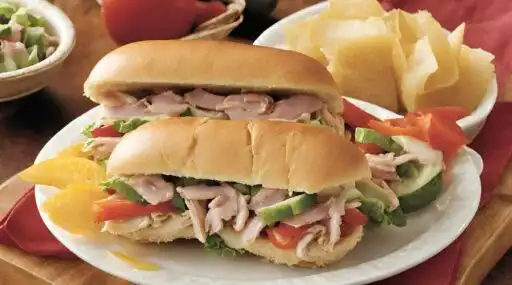

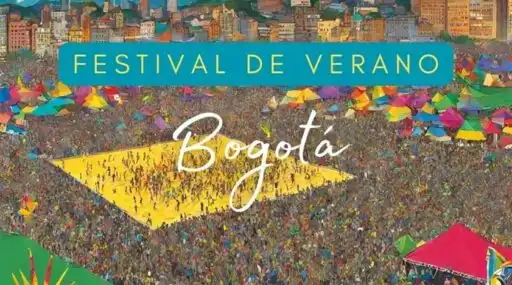


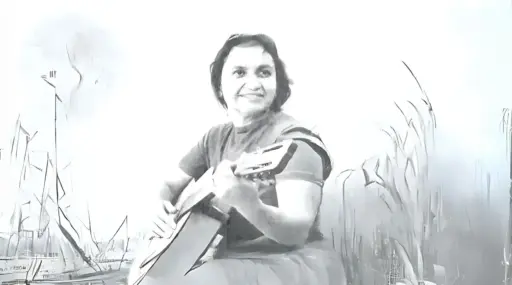
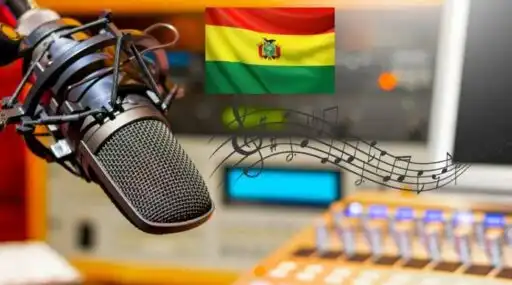
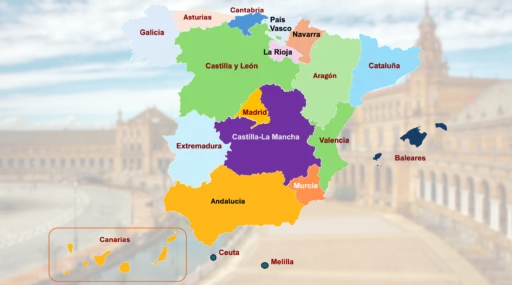

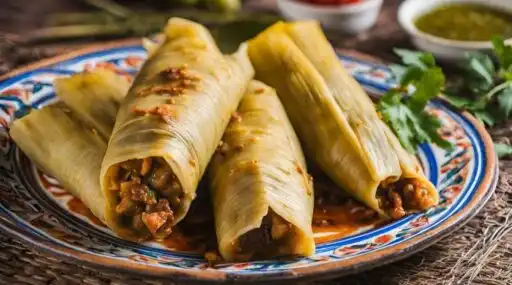
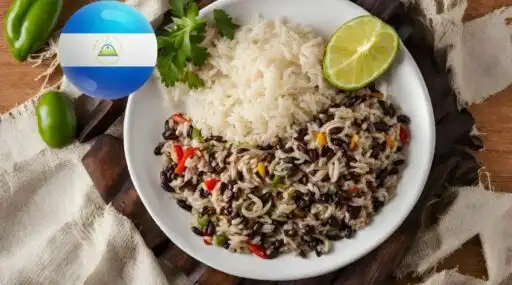



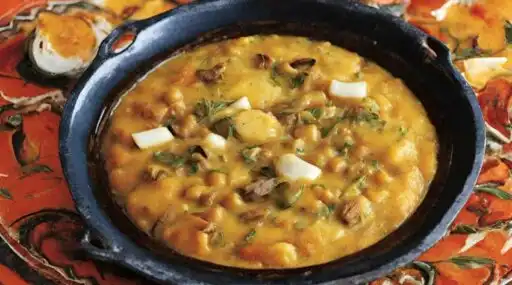
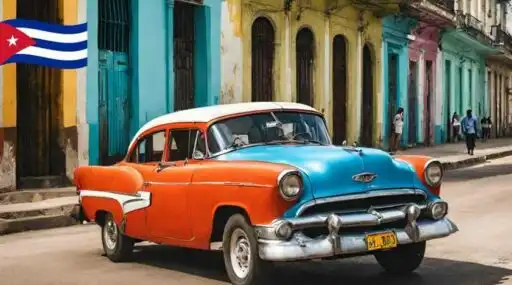



Leave a Reply